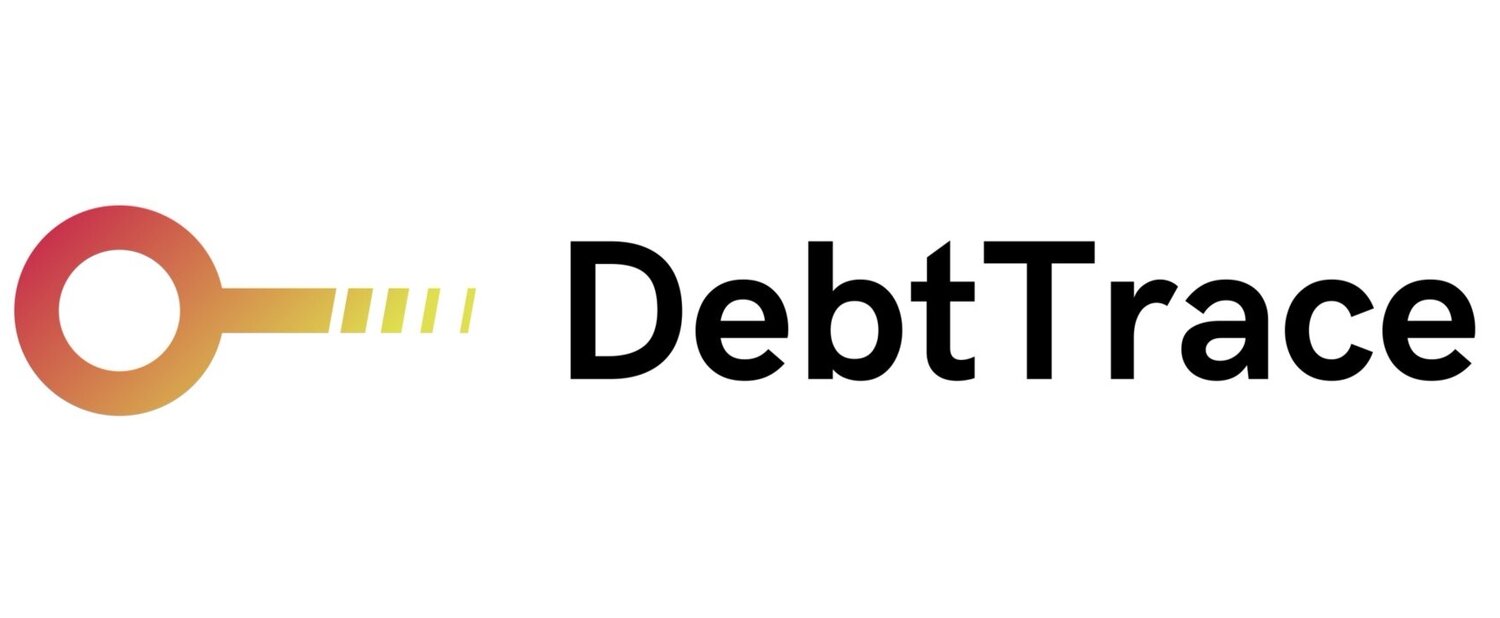Why You Need to Trace a Debtor
Introduction
Providing credit is a common practice in the UK, with many people opting to spread their payments over time. Sadly, even when a person or company has completed all the relevant checks to ensure that a customer is suitable for credit, there are times when they stop paying and disappear.
If you have been let down by a customer and find yourself out of pocket because they’ve stopped paying then it may be time to start tracing them. Tracing a debtor is not just important to know where to send your reminder letters, it’s also an important part of the debt collection process. Find out the process you need to take when you want to find a debtor and get the money you are owed.
Struggling with unpaid debts? Start recovering what's owed to you today.
When a Customer Becomes a Debtor
The first thing you need to know is when your customer becomes a debtor. Put simply, a customer turns into a debtor when they fail to pay their account or an instalment by the date agreed. Many people allow a grace period to recover the missed payment but if your customer isn’t in touch and doesn’t pay then you are within your rights to initiate a debt collection process.
It is at this point that you need to be checking all the information you hold on your debtor and ensure that it is up to date. If you find that you are missing information or that it is no longer accurate then it is essential that you work to resolve any queries so that you can effectively communicate with your debtor and be ready to take things further if needed.
The Information You Need to Start Proceedings
Sadly, you cannot begin legal action against a debtor if you do not have accurate contact information for them. This is why it is important to trace your debtor before you start any recovery proceedings.
The most common process for a creditor is to issue legal action. This involves completing an application to the court to get a legal solution to a debtors failure to pay. During this process the court will chase the debtor and give them a time to pay or issue them with enforcement action if they are unwilling to cooperate.
The application for legal action requires the creditor to supply the debtors current address and failure to supply it can slow down or even stop legal proceedings from taking place. The reason for this is that a debtor can claim that they were unaware of the debt and if they had received the notifications then they would have complied. This means that you need to be able to prove that you have attempted, and failed, to enter into a positive dialogue with the debtor at the address they live at.
Why is an Address So Powerful in Legal Action
When you do get the address of your debtor, you will be amazed at the impact it can have on recovering the debt! Firstly, debtors are more inclined to pay what they owe when they know that you have located them and that you are proactively chasing them to clear their arrears.
Secondly, when you have up to date contact information for a debtor, you can work with them to come to an agreement that suits you both. Giving a debtor longer to pay and breaking their arrears into manageable payments will not just mean that they are more likely to pay but it will give you back the
Additionally, having an address that is verified allows you to show the courts that you have attempted lots of contact without any suitable response. Showing receipts for signed for mail will not only enable the court to agree to pursuing action but it also acts as evidence that the debtor has refused to enter into meaningful dialogue with you.
Easy Ways to Find a Debtors Address
If your debtor is non-responsive and appears to have moved fro the address you hold on file then there are a number of search strategies that you can employ to try and find them, including:
· Internet searches of their name and number which may give you access to their social media, business information and more.
· Searching for their financial associates if you have their information as this may produce the address you need or access to someone that can help you find your debtor.
· Home visits are also a great way to check the addresses you have found, enabling you to verify where they live. This can be done by an in-house debt team or you can outsource it to a debt specialist.
· Sending recorded mail to the addresses you hold to check who signs for them. If your debtor takes delivery of a letter then you have the proof you need that they are residing at the address you have found.
Getting Help to Find Your Debtor
When you think that you have tried every way to find an address with no success then it may be time to engage a debtor tracing service. These services have access to data from credit reference agencies that you will be unable to get, meaning that they are more likely to produce an accurate address in very little time.
At DebtTrace, we offer a one-off fee for finding your debtor and can often supply results in less than 24 hours. We also refund you if we cannot find an up to date address after 7 days, meaning that you will only ever pay for the information you need.
If you are keen to find out more about the services we offer then take a look at our website now and purchase the option that suits you the best. At DebtTrace, we make it our business to help you find your debtors!
Struggling with unpaid debts? Start recovering what's owed to you today.
